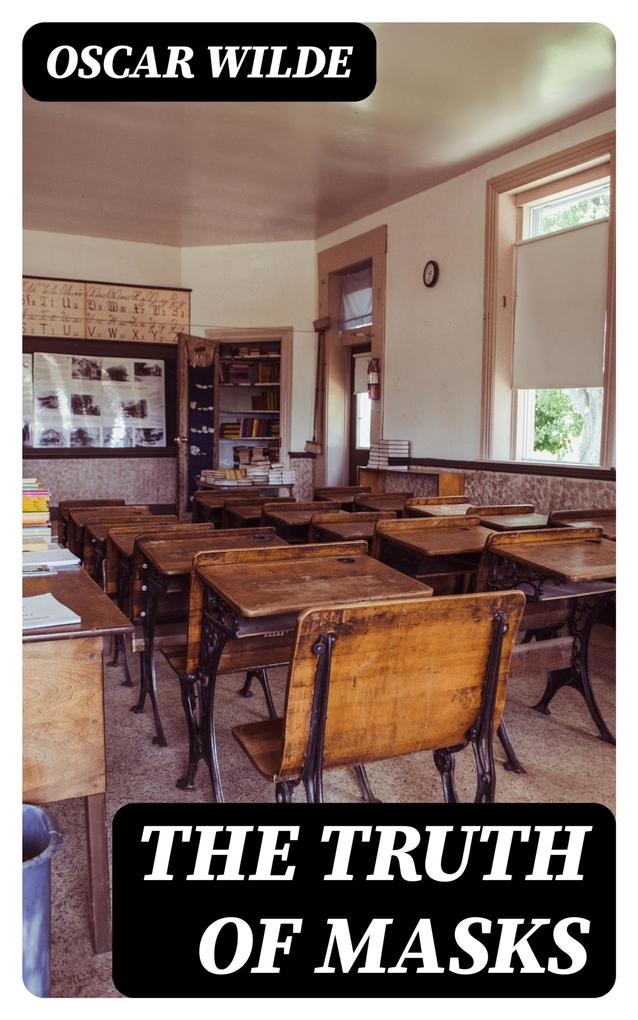
Sofort lieferbar (Download)
Oscar Wilde's 'The Truth of Masks' is a collection of essays that explores the concept of masks in both literature and everyday life. Wilde delves into the idea that people wear masks to conceal their true selves, whether it be in social settings or through the characters they create in fiction. Written in Wilde's signature witty and insightful style, the book provides a unique perspective on the complexities of human nature and the way we present ourselves to the world. 'The Truth of Masks' is a thought-provoking work that challenges readers to question the authenticity of their own identities and the masks they wear. Wilde's use of paradox and irony adds depth to his analysis of this fascinating subject. Oscar Wilde, known for his flamboyant personality and sharp wit, was a playwright and poet who pushed the boundaries of conventional literature. His personal experiences and observations of society likely influenced his exploration of masks and identity in this book. Readers interested in delving into the complexities of human behavior and self-expression will find 'The Truth of Masks' to be a captivating and enlightening read.
Produktdetails
Erscheinungsdatum
25. Mai 2022
Sprache
englisch
Seitenanzahl
18
Dateigröße
0,41 MB
Autor/Autorin
Oscar Wilde
Verlag/Hersteller
Kopierschutz
mit Wasserzeichen versehen
Family Sharing
Ja
Produktart
EBOOK
Dateiformat
EPUB
ISBN
8596547001188
Entdecken Sie mehr
Bewertungen
0 Bewertungen
Es wurden noch keine Bewertungen abgegeben. Schreiben Sie die erste Bewertung zu "The Truth of Masks" und helfen Sie damit anderen bei der Kaufentscheidung.









